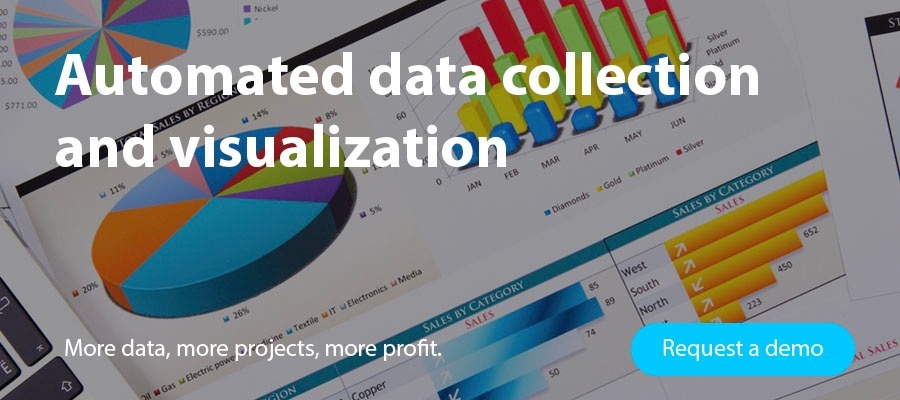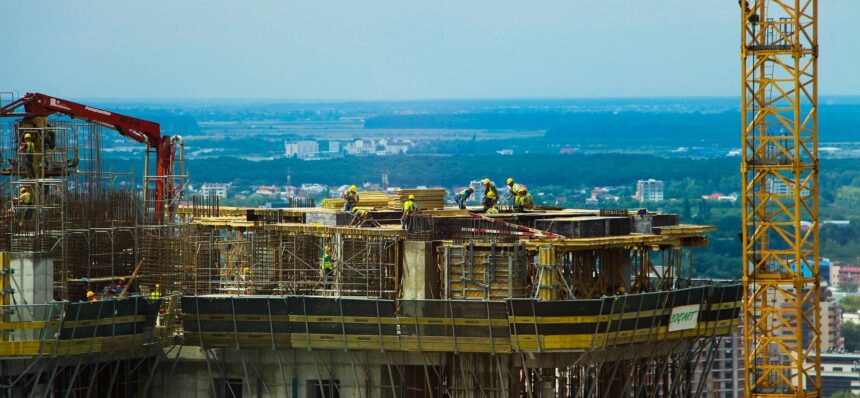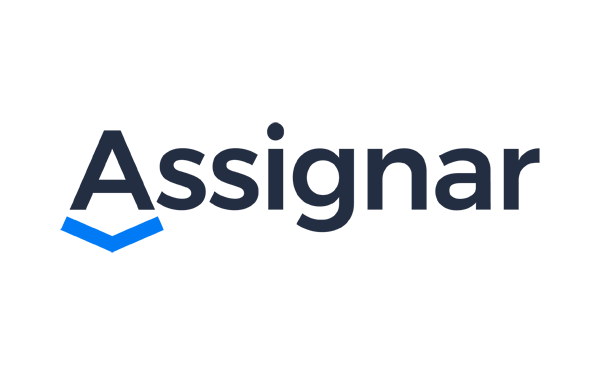Accurate Construction Cost Estimating Core to Project Profitability
Consistent construction project profitability demands unrivaled flexibility in cost estimating practices. Every construction project stands alone as a unique combination of workforce activities, asset allocation and precision planning. To be accurate and efficient, construction industry estimators need:
- Visual skills that enable mental construction of the proposed project
- A level of knowledge that weighs in on construction, design and transportation
- Readily available access to data and data-groupings including previously accumulated construction project reports as well as data for projected requirements in activities, equipment, and workforce
- Access to digital accounting tools that specifically meet the unique cost estimating demands within the ever-changing construction industry
- AND the freedom to work outside of pre-determined pricing or funding availability.
Apply Consistent Construct Cost Estimating Policies
By default “assumption” plays a role in establishing reliable project pricing. However, effective job costing promotes a balance between assumption and established estimating procedures. It seems a bit of a “catch-22.”
First off, successful project estimators must work within a framework of freedom wherein assumption enables rapid adoption of the common and recurring challenges associated with the overall construction process. Yet they must also adhere to basic job-costing principles. Thus the process that ensures reliable construction project profitability demands flexibility while also requiring close attention to estimating:
- Communications
- Documentation
- Pricing
- Qualification
- Reviews
- AND In-depth management of all associated data.
One DOT-issued Cost Estimating Manual defines the process as follows: “Assumptions should be adjusted as needed, utilizing sound professional judgment, in the case of unique projects or if project-specific conditions warrant (1).” However, the same manual suggests that larger construction projects demand more complex solutions. Complex projects require detailed projections, comparisons, and analysis. Following procedures and policies enables more accurate construction cost estimating.
Accounting For Critical Issues That Affect Project Profitability
When estimating job pricing, consider the metrics that drive project success and profitability. Access to accumulated history helps control the unexpected. Some key profitability metrics include records associated with:
- Accidents, including associated delays and insurance confrontations
- Rate of equipment failures, maintenance tracking, and more
- Complications with personnel, including rate of turnover, absenteeism, poor work habits, and basic behavioral problems
- QC-related problems and delays
- Interactions with the clients, the good the bad and the ugly
- Slippage in schedules and stages of productivity
- Delay due to disgruntled subcontractors.
Computerized Construction Cost Estimating Aids Project Profitability
It’s easy to talk about procedure-driven construction estimating. But when working with pen-to-paper or even the likes of an Excel spreadsheet, procedure-driven policies can become cluttered and confusing. It’s enough to cause construction estimators to make a dead leap into “assumption-based” estimating solutions.
But there is an easier way to promote construction project profitability, a way to estimate your jobs with speed, and accuracy while also remaining complaint to reliable estimating policy and procedures. And it is much easier than pen-to-paper job costing solutions. Try it now. The Assignar workforce and asset allocation and planning software package that includes dedicated construction-estimating tools and apps.






